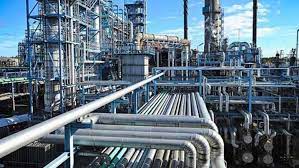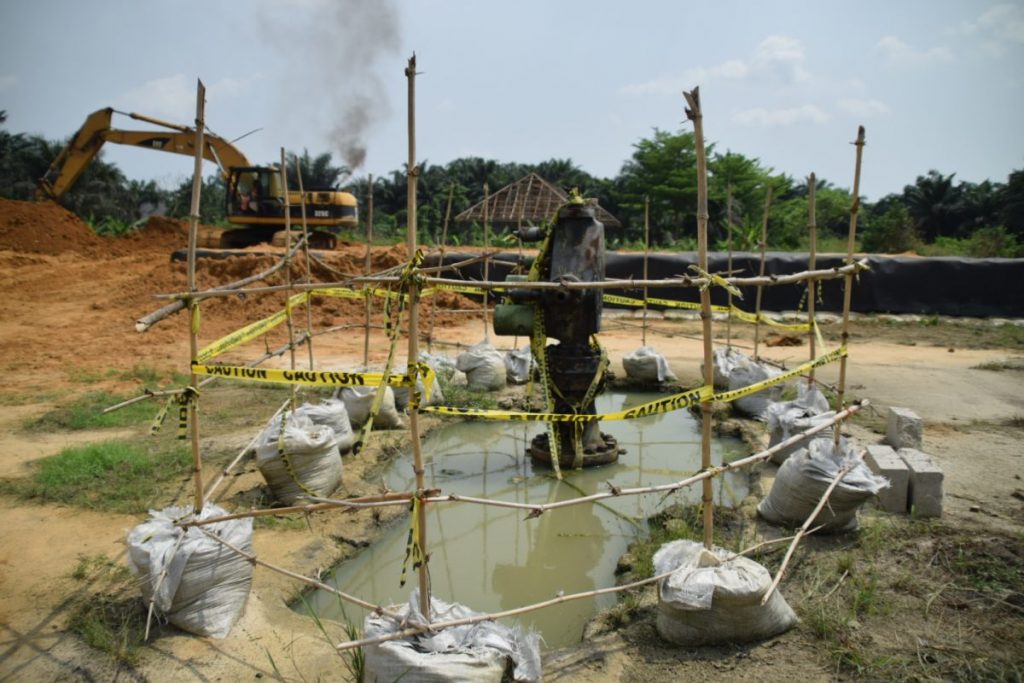…Says NNPC can’t guarantee effective fuel distribution under porous borders

Oscarline Onwuemenyi
25 January 2017, Sweetcrude, Abuja – The Nigerian National Petroleum Corporation (NNPC) on Wednesday raised alarm over the sustained nefarious activities of some cross-border fuel smuggling syndicates and hoarders which have so far impeded efforts by the Corporation to sanitize the fuel supply and distribution matrix across the country.
Group Managing Director of the Corporation, Dr. Maikanti Baru, told the Joint National Assembly Committee on Petroleum Downstream that if the activities of the fuel truck diverters and smugglers were left unchecked, it would be absolutely difficult to guarantee round-the-clock availability of petrol throughout the country due to the massive leakages wrought on the fuel supply and distribution network by the smugglers.
In a detailed presentation to the Joint Committee, the NNPC GMD informed that the sudden and unnatural shock in fuel consumption to record levels has over-stretched the Direct-Sale-Direct-Supply (DSDP) crude for product supply arrangement which was originally based on 35 million per day petrol consumption pattern.
He lamented that with the current unprecedented average daily fuel evacuation of 55 million litres since 1st December 2017 to date, it was imperative for the security agencies to close-in on the smuggling syndicates who were cashing in on the obvious petrol price differentials between Nigeria and neighbouring countries to make an illicit profit.
Dr. Baru explained that apart from straining the ability of NNPC to sustain the prevailing 100 percent PMS importation in the face of increasing cost, the current situation was impacting negatively on NNPC’s resources for servicing Joint Venture Cash-Call and other obligations.
He said to sustain an adequate supply of petroleum products and national energy security, there was the need for the Federal Government to provide flush volumes in January & March 2018, as well as create enabling an environment for other oil marketing companies to participate in the importation of petroleum products.
He also noted the need to double supply in order to raise the fuel sufficiency template back to the 30 days threshold from the current 15 days by bringing in at least two vessels per day for 20 days.
The NNPC GMD, however, explained that the Corporation would require additional funding outside the DSDP regime to achieve this.
The GMD listed the measures put in place to tackle the prevailing challenges to include: Engagement of the Nigerian Navy, Federal Road Safety Corps and Nigerian Security and Civil Defence Corps, to improve truck movement; engagement of the Nigerian Army Engineers to remove failed trucks on the Jebbba/Mokwa Road which had hitherto slowed down truck movement to the northern part of the country; repairs of about 10km stretch of bad roads and sustained assistance to tankers among others.
In addition, the NNPC has deployed several tugboats to help pull out grounded DPK vessel at Escravos bar which had made it difficult for PMS laden vessels to access the strategic Oghara products reception facilities and jetty among other palliatives.
He said in addition to the regular DSDP monthly programmed deliveries, the Corporation had imported 12 cargoes (nine in December 2017, and three in January 2018).
Responding, Chairman of the NASS Joint Committee, Senator Kabiru Marafa, charged NNPC to resolve the situation within the next seven days.



